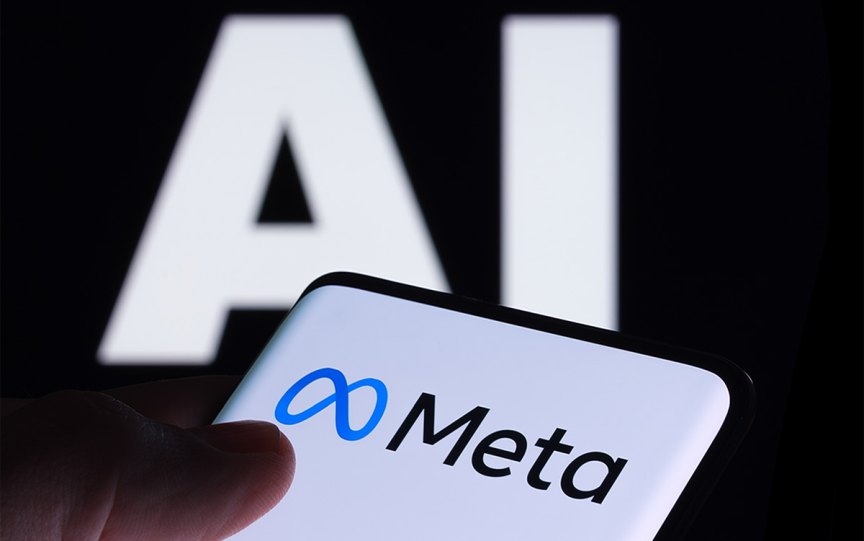Meta enters the AI humanoid race with the launch of a new robotics division to compete with Tesla and Figure AI

Meta enters the AI robotics race with plans to develop humanoid robots for household tasks, challenging Tesla, Figure AI, and Apptronik in the growing automation market.
Just a day after reports surfaced that Google invested millions in humanoid startup Apptronik to challenge Tesla in the AI-powered humanoid robotics race, Meta is reportedly establishing a new division within its Reality Labs unit to develop AI-powered humanoid robots powered by Llama.
According to Reuters, citing an internal memo, the social media giant is stepping into humanoid robotics, taking on competitors like Nvidia-backed Figure AI and Tesla. The push comes as AI advances open doors for more automation across industries.
Meta’s Chief Technology Officer, Andrew Bosworth, outlined the plan in the memo, explaining that the new robotics group will focus on creating “consumer humanoid robots with a goal of maximizing Llama’s platform capabilities.” Llama, Meta’s flagship AI model, already drives a growing suite of generative AI tools across its platforms.
In the memo, Meta Chief Technology Officer, Andrew Bosworth, said the robotics product group would focus on research and development involving “consumer humanoid robots with a goal of maximizing Llama’s platform capabilities,” Reuters reported.
The division will be led by Marc Whitten, former CEO of self-driving car company Cruise, whom Meta recently brought on board. Bloomberg first reported the news.
Meta’s AI Humanoid Robotics Strategy: Competing in a Crowded Market
Tech companies and startups are pouring resources into humanoid robots for industries like manufacturing, logistics, and household tasks. Progress has been slow, though, as breakthroughs in AI language models haven’t directly translated to improved interaction with the physical world.
Tesla’s Elon Musk has pitched the company’s humanoid robot, Optimus, as a future household assistant capable of handling everyday tasks. Tesla has also moved aggressively into the humanoid robotics space with Tesla Optimus. Goldman Sachs estimates the global market for humanoid robots could reach $38 billion by 2035.
Yesterday, Apptronik said it raised $350 million in funding—backed by investors including Alphabet’s Google—to scale production of its AI-driven warehouse and manufacturing robots.
Meta hasn’t publicly commented on its plans, but Bloomberg reports that the company is working on its own humanoid robot hardware, initially targeting household applications. Beyond building its own robots, Meta aims to develop AI, sensors, and software that could power machines produced by other companies.
Meta has reportedly begun discussions with robotics firms like Unitree Robotics and Figure AI. For now, it doesn’t plan to launch its own branded humanoid robot, but that could change as the project evolves.




